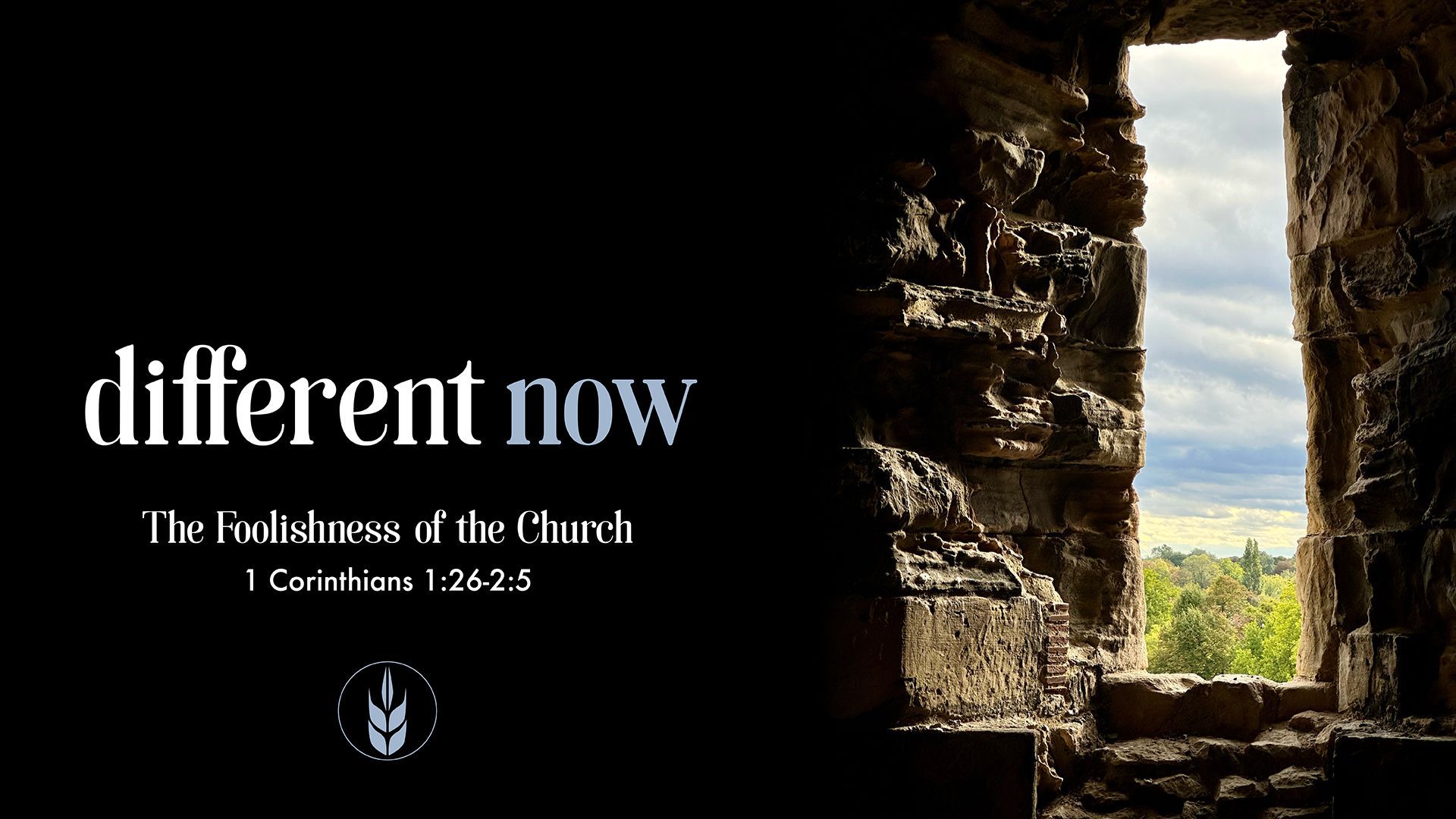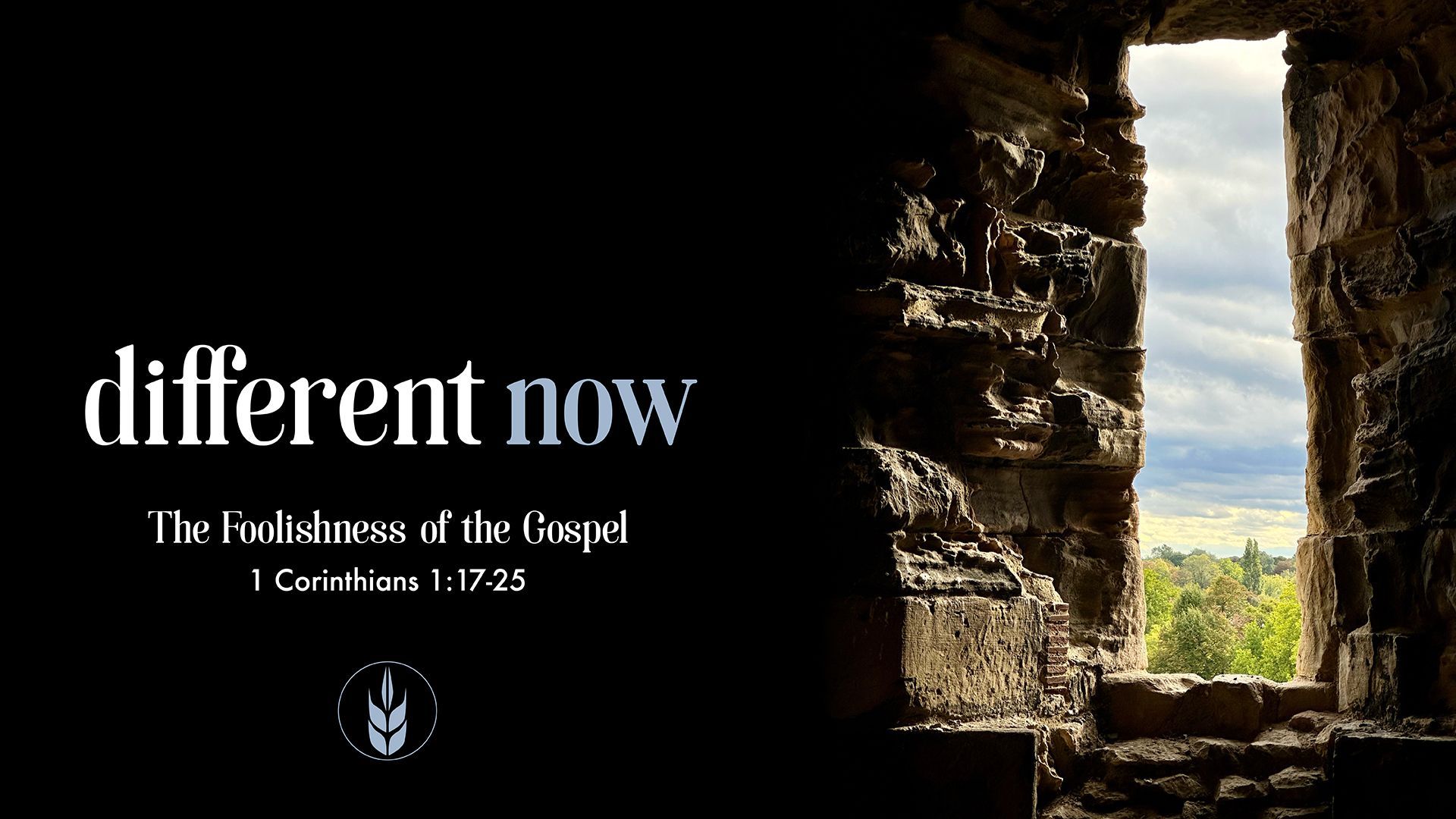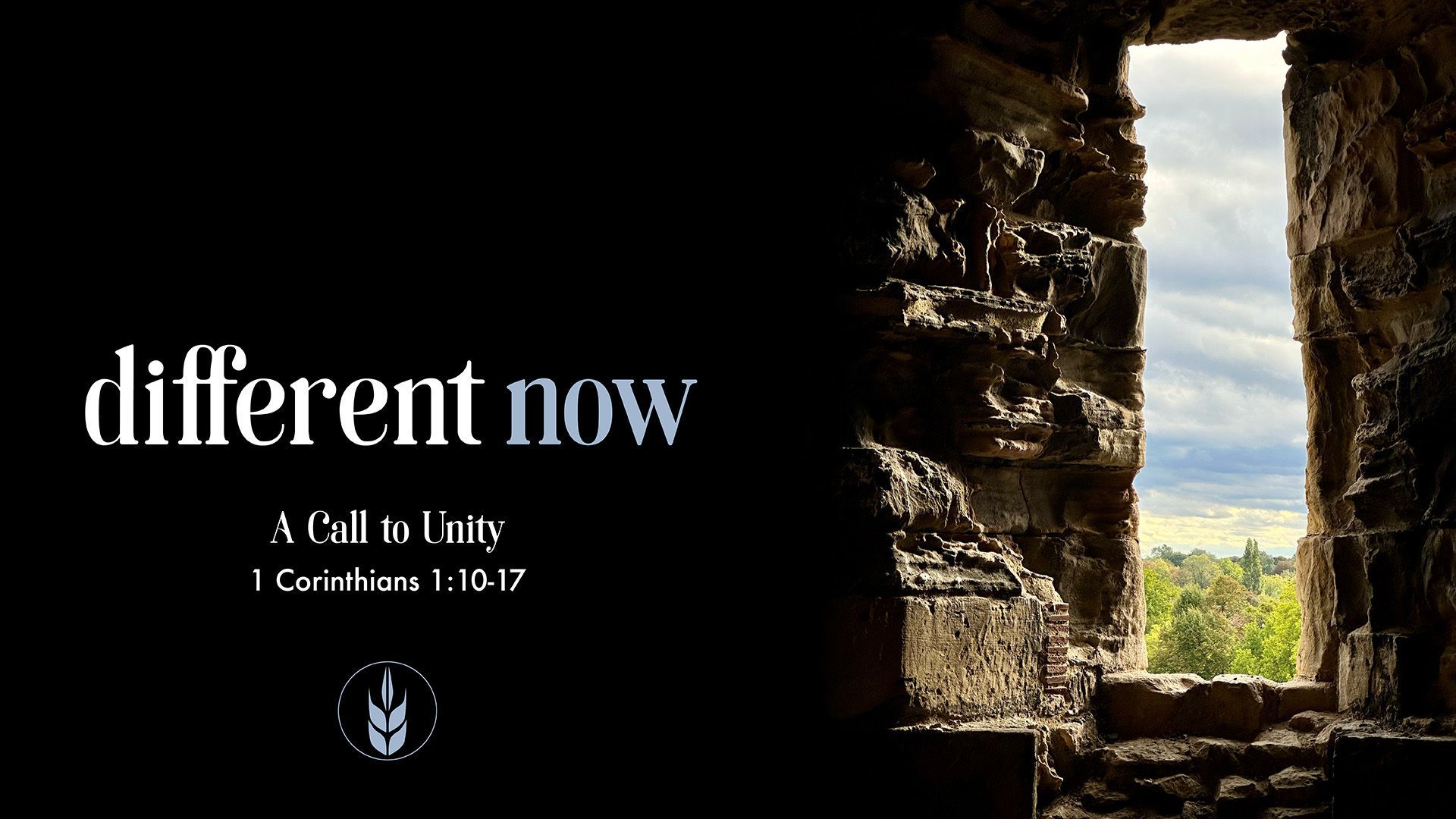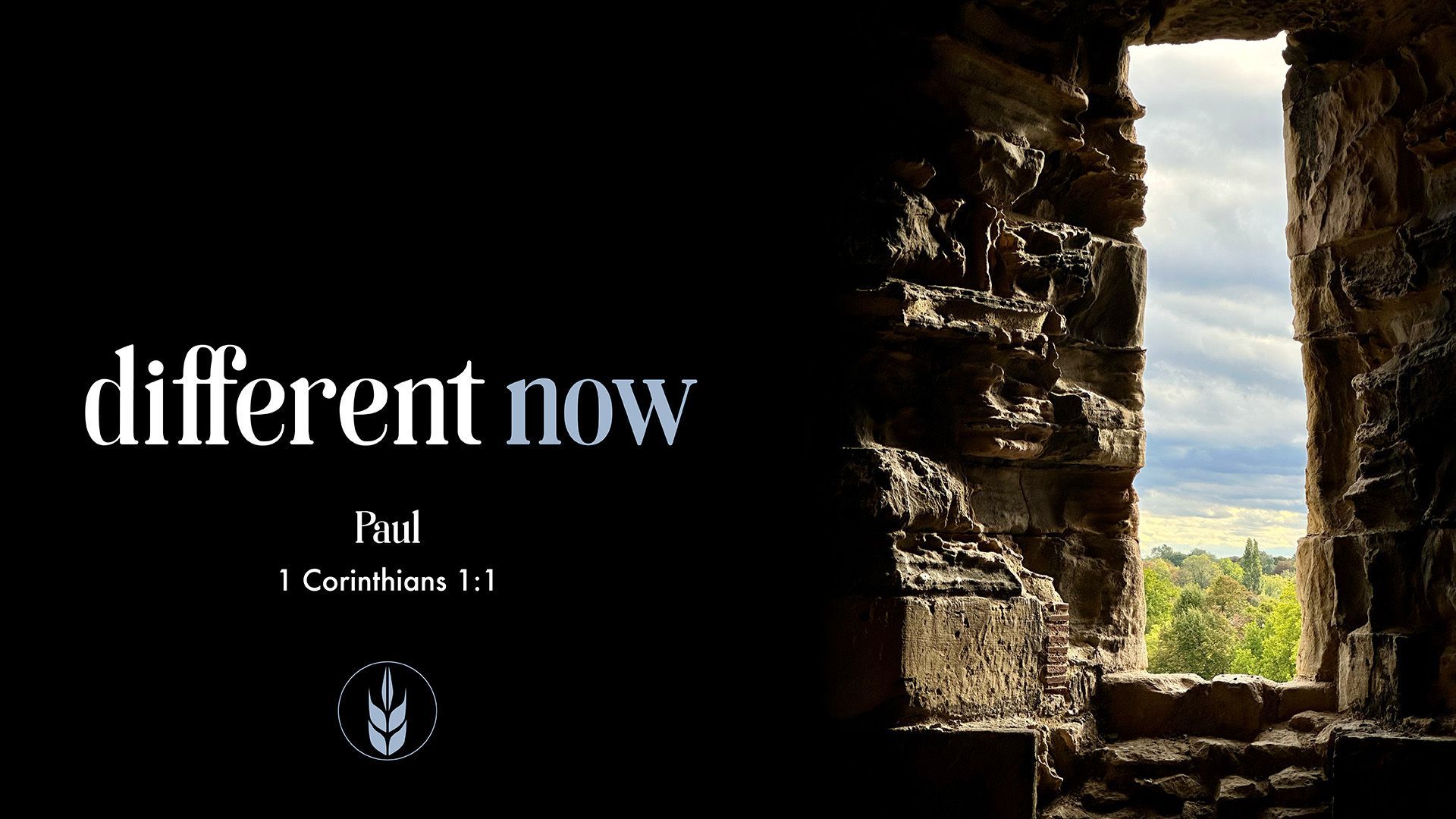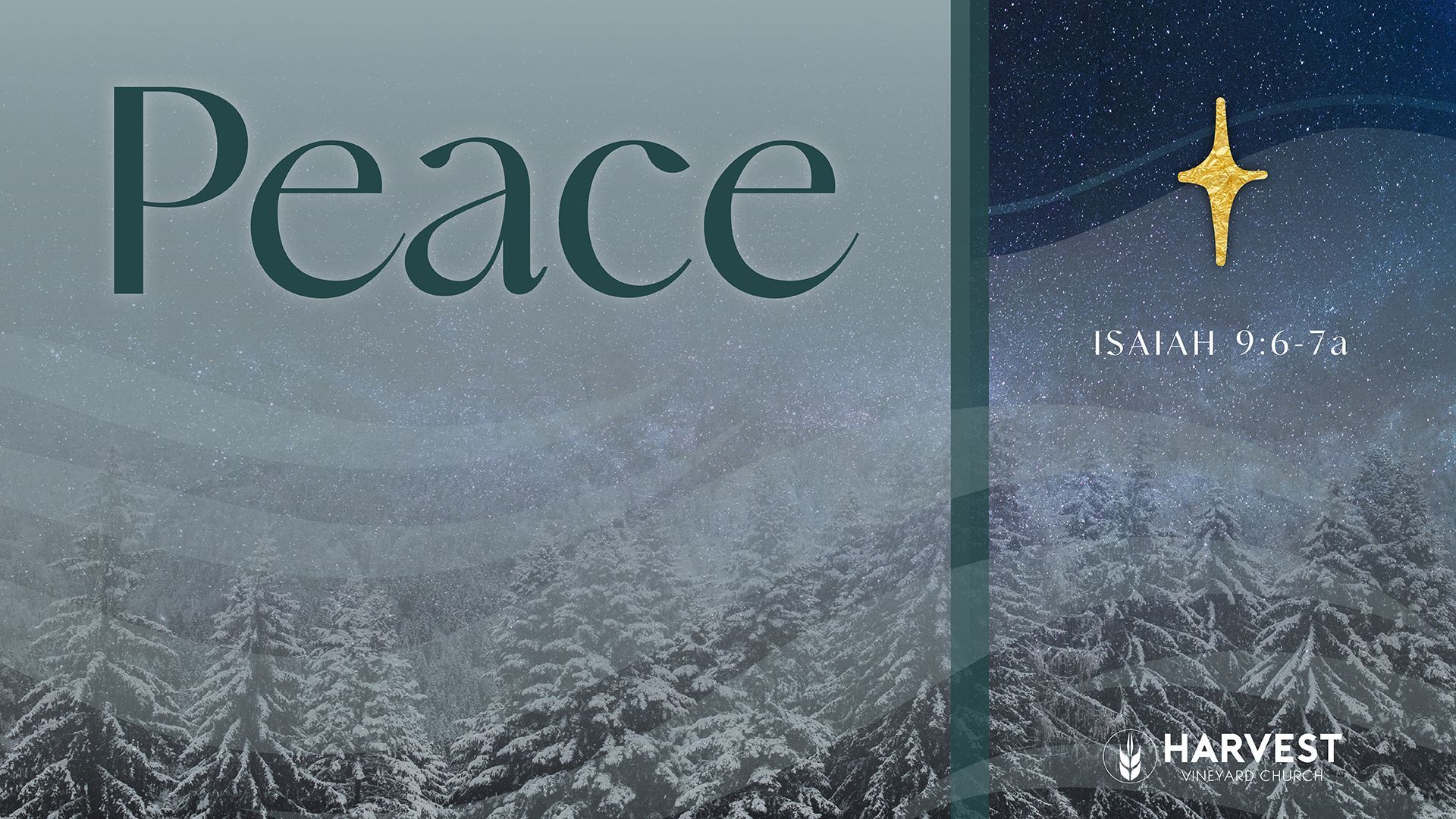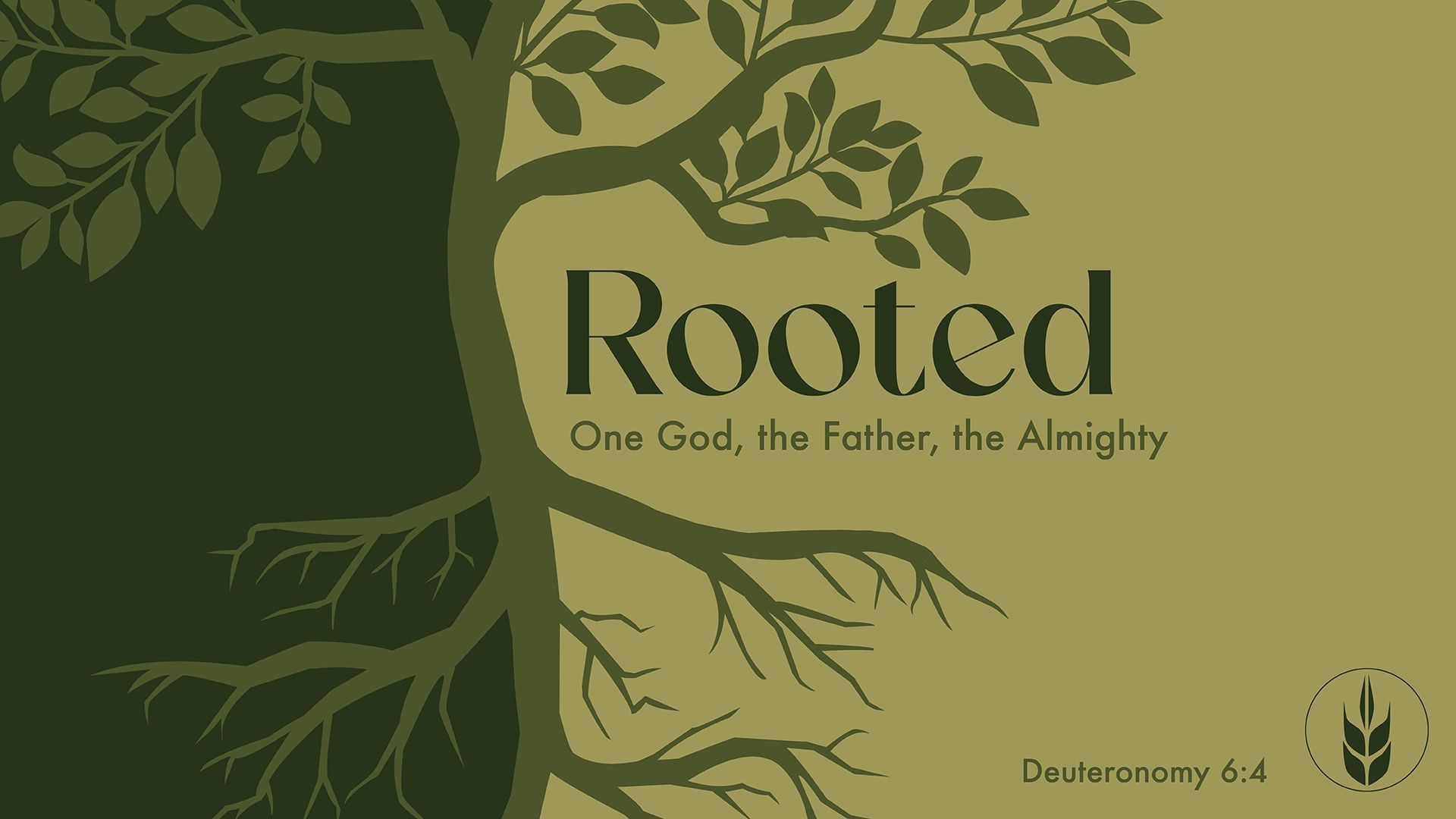
Understanding the Nicene Creed: A Deep Dive into One God, Faith, and Identity
In our world of diverse beliefs, modern Christianity offers a profound anchor through the declaration, "We believe in one God." This foundational statement from the ancient Nicene Creed holds significant meaning for those seeking a deeper connection with church, spirituality, and faith. As we explore its implications, we uncover transformative insights that enhance our understanding of God, community, and personal identity. Whether you're new to church life or looking to deepen your existing beliefs, this exploration invites you to engage with the essence of faith in a world teeming with distractions and ideologies.
The Significance of One God and Modern Idolatry
"One God, the Father, the Almighty." These six words, found at the beginning of the Nicene Creed, carry a weight of meaning that's easy to overlook. Yet, when we slow down and truly consider their implications, we uncover a foundation that can transform our understanding of faith and our relationship with the Divine. The concept of one God was revolutionary in ancient times when polytheism prevailed. People believed in multiple deities governing various aspects of life. The Israelites' proclamation of monotheism in Deuteronomy, "Hear, O Israel: The Lord our God, the Lord is one," was a radical departure. It was a declaration of God's sufficiency and supremacy.
Today, while we might not worship sky gods or sun deities, modern idolatries thrive. Career success, relationships, and material possessions can become "god-things." Timothy Keller defines an idol as "anything more important to you than God, anything that absorbs your heart and imagination more than God, anything you seek to give you what only God can give." Our challenge is to continually place God at the center of our lives, trusting in His sufficiency. This requires humility and an ongoing commitment to identify and remove the idols that creep into our hearts. It's a daily practice of proclaiming, "God, you are enough for me."
Embracing God as Father and The Almighty
The Nicene Creed doesn't stop at affirming one God. It follows with "the Father," inviting us into a deeply personal relationship with the Divine. Jesus revolutionized our understanding by teaching us to approach God as "Abba" - daddy. This intimate portrayal can be challenging for those who've experienced hurt from earthly fathers. Yet, it's an invitation to experience the perfect love of our heavenly Father, who, as 1 John tells us, has "lavished" His love upon us. Embracing God as Father means recognizing our adoption into His family. We are not distant subjects of a remote deity but beloved children welcomed into an eternal household.
The creed continues by affirming God as "the Almighty." This isn't just about power but about God's supremacy and His role as the source of all things. Romans 11:36 states, "For from him and through him and for him are all things." Grasping this truth changes how we relate to life's blessings and challenges. Recognizing God as the ultimate source frees us from the exhausting pursuit of fulfillment in temporary things. Jobs, achievements, and relationships are conduits of joy but not the source. Practicing gratitude and redirecting our focus to the Giver rather than just the gifts anchors us in a sustaining truth.
God as Creator: Maker of Heaven and Earth
The Nicene Creed concludes its opening line by affirming God as "maker of heaven and earth, of all that is seen and unseen." This echoes Genesis 1:1, reminding us of God's role as Creator. The vastness of the universe testifies to God's infinite nature, yet the same God who crafted the cosmos knit us together in our mother's wombs, as Psalm 139 describes. This creative power has profound implications for our identity and purpose. In a world bombarded with messages about who we should be, we need to return to our Maker for truth. Like Punchinello in Max Lucado's "You Are Special," we need to hear our Creator say, "You are mine, that is why you matter."
Embracing these truths - of one sufficient God, our loving Father, the supreme source, and our intentional Creator - isn't a one-time event. It's a daily recommitment, a moment-by-moment choice to align our lives with these realities. It requires us to slow down and create space for reflection and connection with God.
Steps to Live By
1. Practice gratitude daily to acknowledge God as the ultimate source.
2. Cultivate a personal relationship with God as Father.
3. Recognize and remove idols, placing God at the center of life.
4. Regularly reflect on and connect with God’s truths in the Nicene Creed.
Reflecting on the Creed’s Impact
As we do so, the words of the Nicene Creed become more than rote recitation, transforming into heartfelt confession. These ancient words have the power to root us deeply in our faith, reshape our understanding of God and ourselves, and transform our engagement with the world. In a culture celebrating individualism and self-sufficiency, there's countercultural power in proclaiming belief and dependence on one God. It's an invitation to find identity, purpose, and fulfillment, not in fleeting things, but in the eternal Creator who calls us His beloved children.
So today, let's pause and consider: How might our lives look different if we truly lived as if we believed in one God, the Father Almighty, maker of heaven and earth? How might it change our priorities, relationships, and approach to challenges and successes? The journey of faith isn't always easy, but it's infinitely rewarding as we discover, day by day, the profound truths encapsulated in those simple, powerful words: "We believe in one God."
Hit play to listen to the sermon this blog is based on
At Harvest Vineyard, we believe we are better together, in community. We're glad you're here.
ENCOUNTER CHRIST.
EXPERIENCE COMMUNITY.
LOVE THE WORLD.
We believe that experiencing the love and mercy of God is more effective in bringing change to people's lives than rules, guilt, and condemnation. We have attempted to make our community a place where people can come as they are and still experience love and mercy. At the same time, we desire to learn and apply the truth of God to our lives and learn how to speak truth to one another.



